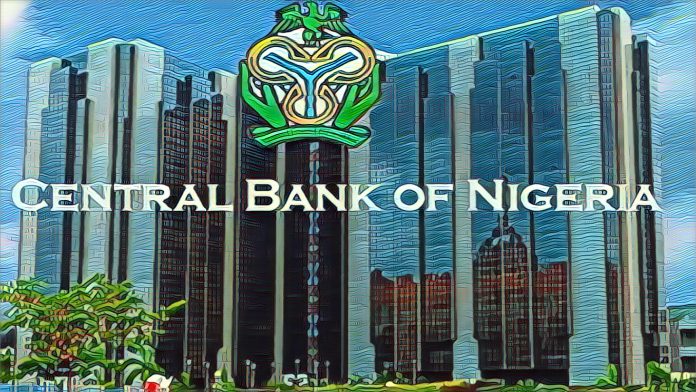Nigeria’s Central Bank (CBN) has unveiled fresh strategies aimed at bolstering the Naira, which remains under significant pressure in the foreign exchange (forex) market.
Oluyemi Cardoso, CBN Governor, released a policy document detailing the bank’s multifaceted approach. The bank is diligently distinguishing between genuine backlog and market speculation. Simultaneously, CBN is exploring novel financing solutions to clear short-to-medium-term backlogs and methods to achieve forex rate unification following a “Willing Buyer – Willing Seller” principle.
CBN has stressed the importance of maintaining orderly and professional conduct in Nigeria’s Foreign Exchange Market. They advocate using official platforms like the CBN website and FMDQ to ascertain prevailing forex rates, ensuring transparency and credibility.
Isa AbdulMumin, Director of Corporate Communications at CBN, noted the bank’s role in ensuring price stability, asserting that the CBN will intermittently inject liquidity into the forex market. As market liquidity improves, such interventions will decrease. He also confirmed that importers can now access foreign exchange for the 43 items that faced restrictions since 2015.
The overarching ambition for CBN remains the achievement of a unified FX market. Cardoso revealed that consultations with market stakeholders are ongoing to realize this objective.
A Bureau de Change operator in Abuja reported that, as of yesterday, the dollar traded for N1045 at 3:30 pm. The recent challenges have been attributed to insufficient preparedness for the school season, when forex demand surges.
“Economic difficulties could arise if there aren’t enough dollars in the market. There’s a lack of anticipation for peak forex demand times. For instance, students studying abroad now face financial challenges, and manufacturers can’t source dollars for raw materials,” a source stated.
Dr. Muda Yusuf of the Centre for Promotion of Private Enterprises (CPPE) lauded CBN’s decision to abandon the forex exclusion for 43 items, terming it as a “policy normalization process.”
The previous forex exclusions were identified as contributors to market distortions. This move by CBN, Yusuf believes, will foster transparency in forex transactions. He further urged the bank to deter market suppression and advised fiscal authorities to shape policies based on comparative advantage principles.
The Naira’s value continues to decline in the parallel market, largely attributed to demand outstripping supply. Currently, forex traders trade at N1045/$, pointing to increasing scarcity. Since devaluation effects surfaced four months ago, the Naira has depreciated by over 40% against the U.S. dollar.
Industry experts, while appreciative of the move, remain wary of potential market destabilizations.



